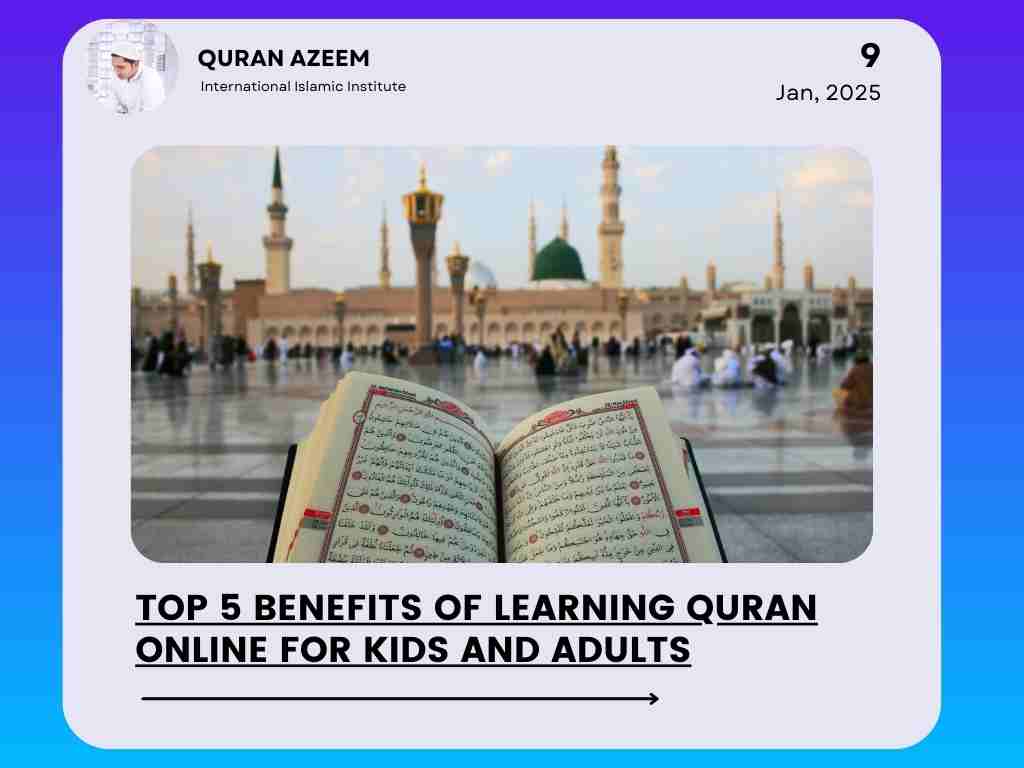
Introduction
The Holy Quran is not just a religious book; it is a guide for humanity. Over 1400 years ago, the Quran revealed many scientific facts that modern science has only recently discovered. This shows that the Quran is a divine revelation from Allah. In this article, we will explore some of these astonishing scientific facts mentioned in the Quran and how they relate to modern scientific discoveries.
1. The Creation of the Universe
The Big Bang Theory in the Quran
Scientists believe that the universe was created through the Big Bang, a massive explosion that formed everything we see today. This was discovered in the 20th century, but the Quran mentioned it over 1400 years ago:
“Do not the unbelievers see that the heavens and the earth were joined together as one unit, before We clove them asunder?” (Quran 21:30)
This verse perfectly describes the concept of the Big Bang, proving that the Quran contained this knowledge long before modern science.
2. The Expanding Universe
The Quran and Edwin Hubble’s Discovery
In 1929, Edwin Hubble discovered that the universe is expanding. Before this, people thought the universe was static. However, the Quran mentioned this fact long ago:
“And the heaven We constructed with strength, and indeed, We are [its] expander.” (Quran 51:47)
This verse clearly states that the universe is expanding, confirming the discoveries of modern astronomy.
3. The Development of the Human Embryo
Quranic Description vs. Modern Embryology
In the 20th century, scientists discovered that a baby develops in the mother’s womb in different stages. But the Quran had already mentioned this fact centuries ago:
“We created man from an extract of clay. Then We made him a drop in a place of settlement, firmly fixed. Then We made the drop into an alaqah (clinging substance), then We made the alaqah into a mudghah (chewed-like substance).” (Quran 23:12-14)
Dr. Keith Moore, a world-famous embryologist, was amazed by this description. He confirmed that the Quran accurately describes the stages of human development.
4. Mountains as Pegs
How Mountains Stabilize the Earth
Scientists have discovered that mountains have deep roots, which help stabilize the Earth’s surface. The Quran mentioned this fact long ago:
“And We placed within the earth firmly set mountains, lest it should shift with them.” (Quran 21:31)
This verse explains the function of mountains in maintaining the stability of the Earth, which modern geology has proven to be true.
5. The Barrier Between Saltwater and Freshwater
The Quran and Oceanography
Modern oceanography has discovered that there is a barrier between saltwater and freshwater in seas and oceans. This natural phenomenon is called the halocline. The Quran described this fact more than a thousand years ago:
“He has set free the two seas meeting together. Between them is a barrier which they do not transgress.” (Quran 55:19-20)
This verse describes how two different bodies of water do not mix completely due to the difference in salinity levels.
6. The Water Cycle
Quranic Verses on Rain Formation
Today, we know that the water cycle involves evaporation, condensation, and precipitation. However, this process was explained in the Quran long before modern science:
“And We sent down from the sky water in measure and settled it in the earth, and indeed, We are able to take it away.” (Quran 23:18)
This verse beautifully describes how rainwater is stored and used by living beings.
7. The Function of the Sky
The Protective Layer of the Atmosphere
Scientists have discovered that the Earth’s atmosphere protects us from harmful radiation and space debris. The Quran mentions this protection:
“And We made the sky a protective ceiling, but they, from its signs, are turning away.” (Quran 21:32)
This verse highlights the role of the atmosphere in safeguarding life on Earth.
Conclusion
The Quran is not just a religious book; it is a book of knowledge, guidance, and truth. The scientific facts mentioned in the Quran have been confirmed by modern discoveries, proving that the Quran is a divine revelation from Allah. Learning and understanding the Quran helps us gain knowledge about both our faith and the world around us.
We encourage everyone, Muslims and non-Muslims, to study the Quran with an open heart and mind. The more we learn, the more we realize the beauty and wisdom within it.


